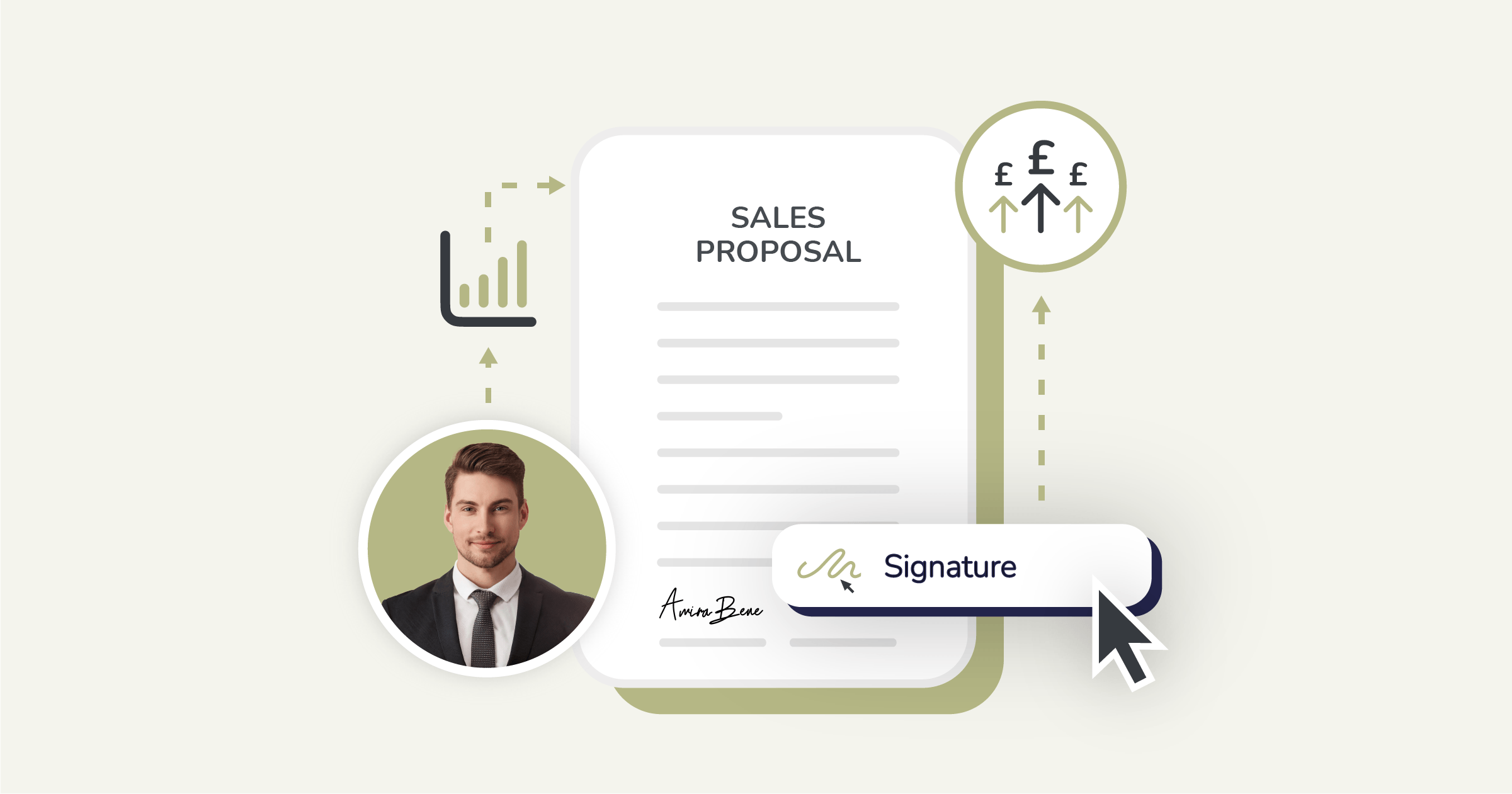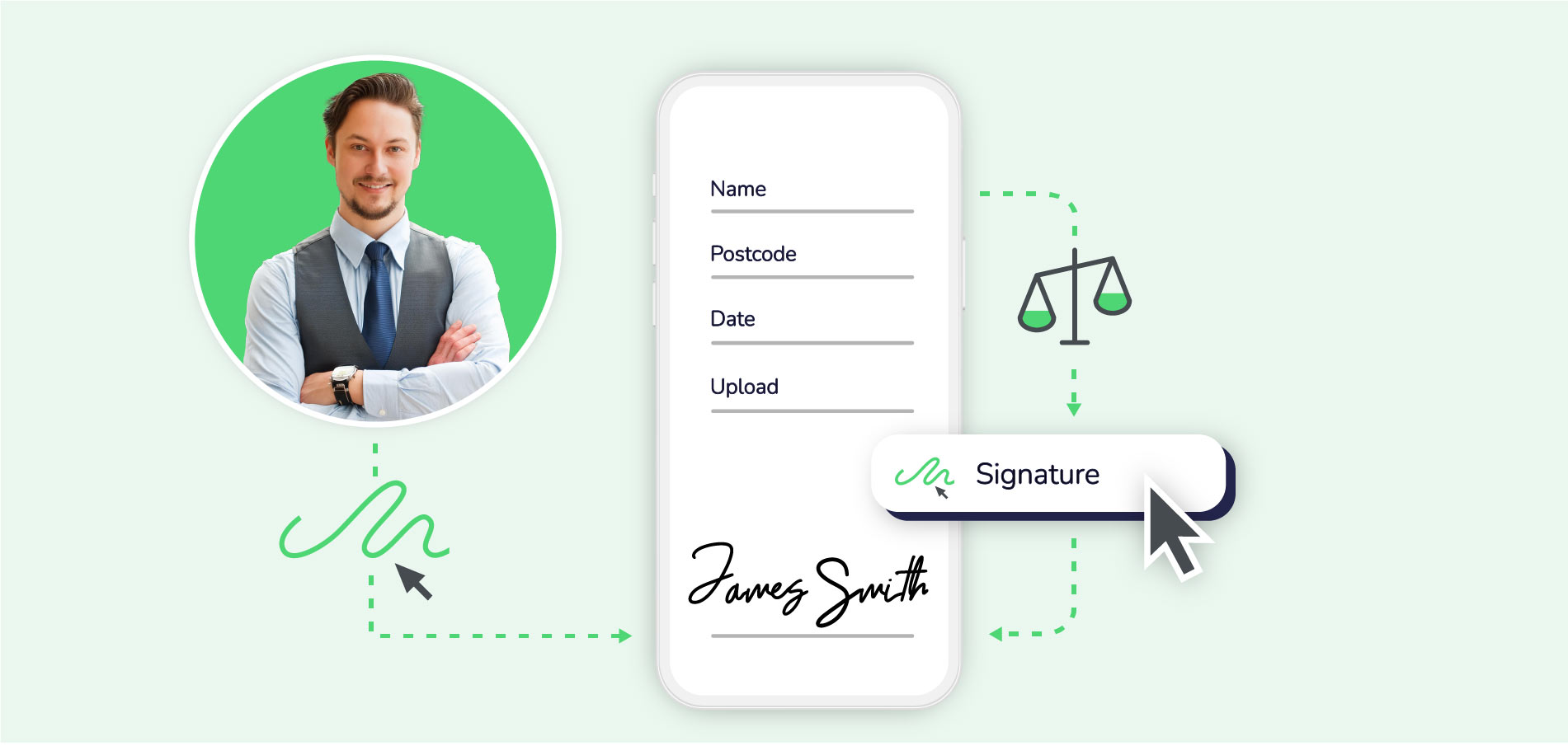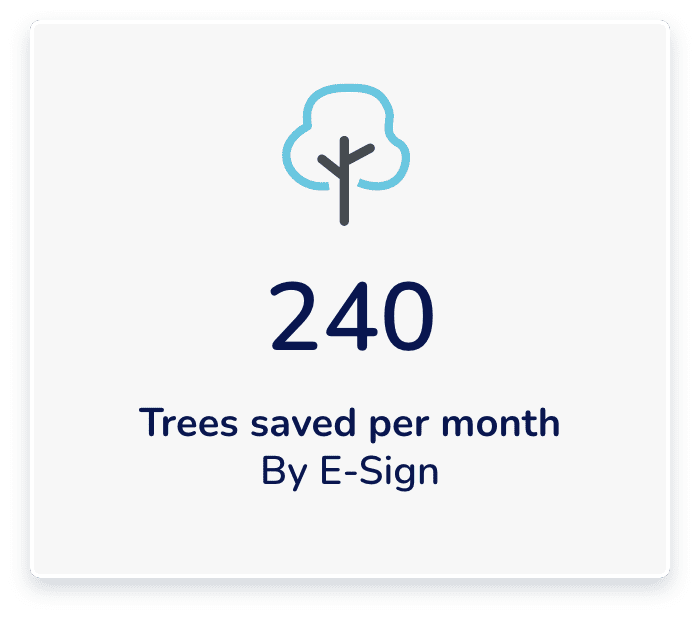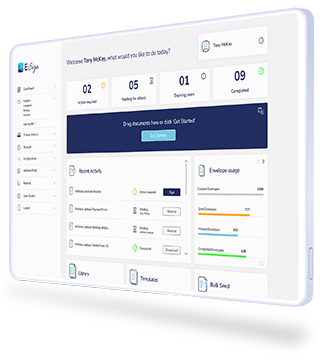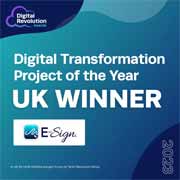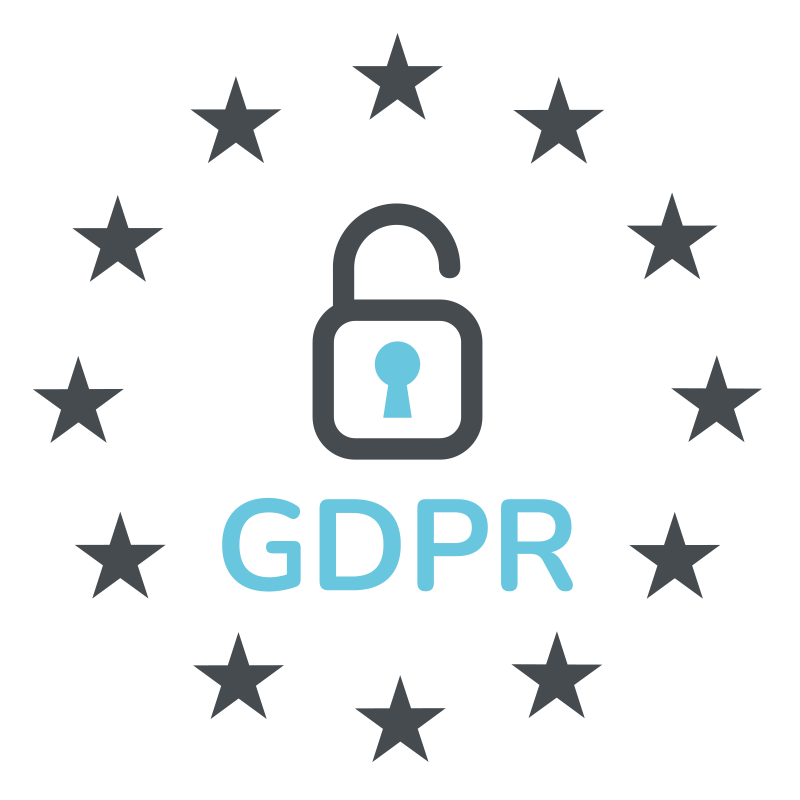Home | News & Insights |
eIDAS 2.0 and the Impact of Digital Identities
2nd April, 2024
Thomas Taylor
Managing Director
In recent years, a digital transformation has been taking place with an increasing number of systems and processes being introduced, to make life easier for individuals and businesses in a growing technological world. Legislation such as eIDAS is responsible for ensuring the security and legal validity of digital solutions like electronic signatures, but it is now being reformed to remove previous weaknesses and introduce new technological developments such as Digital Identities.
We’ll be exploring the updates to eIDAS and everything that we currently know about digital identities including the benefits and challenges of the technology in this article.
Firstly, what is eIDAS?
The eIDAS (electronic identification, authentication, and trust services) regulation was introduced in 2014 and is a legal framework that sets out rules and criteria for the provision of electronic signatures and other related services. Its purpose is to enable secure and convenient electronic transactions for businesses and encourage their use by offering legal validity and security assurance.
eIDAS defines three types of electronic signatures; basic, advanced, and qualified and ensures that each type is permitted in court and is not denied any legal effect or validity simply because it is in an electronic format. However, advanced and qualified signatures are more commonly used by businesses due to the additional security and verification measures that are required. The eIDAS regulation maintains the standards for eSignatures and other digital solutions in the UK (with its own amended version) and the EU.
What is eIDAS 2.0?
The eIDAS regulation was first introduced in 2014 and whilst the initial framework is still important 10 years on in 2024, the digital landscape has also advanced significantly, meaning legislation should do so as well. Initial discussions for updates to the regulation began in 2020 after the coronavirus pandemic sped up the digital evolution and highlighted the need for a new framework, but it is this year that we are likely to see reforms being implemented.
The changes in the reformed eIDAS cover three key areas:
- Removing weaknesses in the current version of the regulation
- Additional trust services – electronic certificates for authentication, electronic registered mail, and more
- Digital identities/proof of identity with the Digital Wallet
Whilst eIDAS has achieved mostly positive results, it hasn’t yet fully succeeded in its original aims, with eIDAS 2.0 intending to fill in the missing gaps. One of the main goals of eIDAS 2.0 is to encourage more individuals and businesses to use secure and trusted digital identity solutions. Another important goal for eIDAS 2.0 is to improve the infrastructure and interoperability of national services for digital solutions.
By strengthening the infrastructure for digital solutions, it will allow trust services to be expanded and avoid fragmentation in national solutions. This in turn should empower more businesses and organisations to incorporate these services into their document and identity verification processes.
What are Digital Identities?
A digital identity is essentially a digital representation of the core information that makes up your identity, such as your name and age. It can also include other details about you at your request, including your address or biometric information like a face scan or fingerprint. With this digital information, you can prove your identity during transactions and interactions without the hassle of needing to present physical documents.
An important distinction between digital identities and physical documents is that you have more control over what information is shared with your digital identity. This means you can limit the details to only what you need to provide at the time. For example, if you need to prove that you’re over 18, you can provide a simple yes/no response without revealing any other personal details.
The updates to eIDAS will introduce a Digital Identity Wallet (DIW) – a digital platform that allows anyone to securely store and manage their electronic identities in one place.
The Challenges of Digital Identities
One of the biggest challenges of implementing digital identities is having the right security protocols in place to protect such important data. Keeping the information within digital identities secure is crucial for businesses who intend to utilise this technology, effectively protecting their clients details from cyber threats and maintaining a high level of trust for positive customer experiences and relationships.
Additionally, keeping up with regulations can be challenging with digital identities. In order to reduce risks, there are various regulations in place relating to processes like how data can be collected, used, stored, and shared. Therefore, if businesses and organisations are going to incorporate digital identity technology, they need to ensure that it fully complies with the relevant regulations and standards to protect their clients.
The Benefits of Digital Identities
However, despite the challenges of digital identities, they can offer several benefits to individuals, businesses, organisations, and governments alike, and as the technology continues to evolve, these benefits will increase.
Convenience
One of the biggest benefits to digital identities for both businesses and users is the convenience it offers. Having to prove your identity with physical documents can be time-consuming and disorganised as you try to find which documents have the right information that is required. However, with a digital ID that has the relevant details in a secure location, users can have a quicker, easier, and more streamlined experience.
A mobile-first solution
Digital identities support the increased reliance on mobile devices for identity verification by using a digital wallet that allows users to take their details with them. This means that credentials can be accessed and shared from anywhere, at any time in just a few steps. Not only that but the challenge of accessibility can be overcome. Focusing digital identities on phones is a good way to make them more accessible, with more than 60% of the world’s population owning and using smartphones on a daily basis.
Establishing a framework of trust
Currently, identity networks and methods of authentication can be fragmented with different organisations and institutions having their own guidelines for how people receive their credentials and verify their network. As a result, the identity verification methods that are accepted by one organisation might not be accepted by another, an issue that is enhanced when dealing with businesses in other countries. Therefore, establishing a trust framework between relevant organisations allows consistent credentials to be instantly verified from anywhere in the world.
Who Will eIDAS 2.0 Affect and How Will Digital Identities be Used?
The reform of the eIDAS regulation will provide benefits to a wide range of industries including healthcare, transportation, energy, government, education, and more depending on how they use online transactions and digital services. Government authorities will be directly affected by the changes to the regulation because they will need to enable cross-border access to online public services whilst ensuring an equal recognition of electronic identities.
The DIW gives users greater control over their data by allowing them to share their data in a seamless and secure way. It will be able to store verified biometric data and personal attributes such as a driving licence or birth certificate. Digital identities in a wallet can also be used offline, which is particularly beneficial to some sectors like healthcare, if you consider the context of ePrescriptions and other important documents that need to be accessed offline.
Through the digital wallet, users will be able to create their own qualified signatures and seals, as well as share their information and easily interact with different platforms and services without having to register each time. This will be especially useful in the banking, transportation, and medical sectors.
Conclusion
The reforms to eIDAS and increased use of digital identities is set to have a significant impact on businesses across the UK and Europe. In fact, it’s estimated that by 2030, 80% of Europeans will be using wallet-based digital identifiers. Additionally, a study has predicted that the market is going to keep growing by roughly 19% from now until 2028, which is beneficial for both businesses and trust service providers. With this outlook, it appears that digital identities will become integrated across all aspects of our daily lives once the right infrastructure and protocols are fully established.
E-Sign is a trusted, government-approved provider of e-signatures and digital document solutions. If you’re looking to streamline your processes and offer your stakeholders a better signing experience you can get started with us for free by registering for our 14-day trial. This will allow you to maximise the features of our platform and see how it can work for your business. Contact our sales team to discuss any specific queries or requirements you have.

